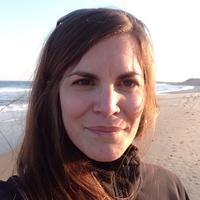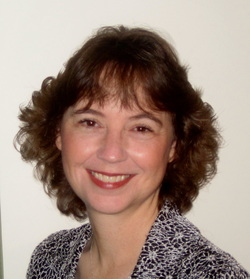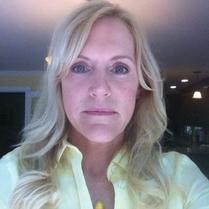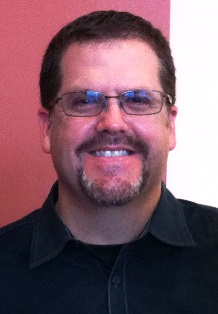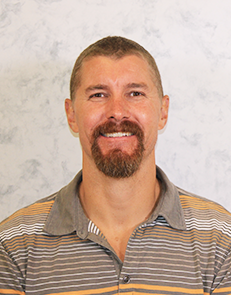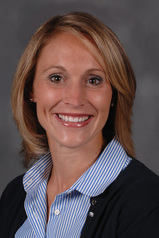Special Invited Guests
Anna Smith, Illinois State University
|
Julie Coiro, the University of Rhode Island
|
Clarice Moran, Kennesaw State University & Carl Young,
|
Michael DeSchryver, Central Michigan University
|
Kristine Pytash, Kent State University
|

